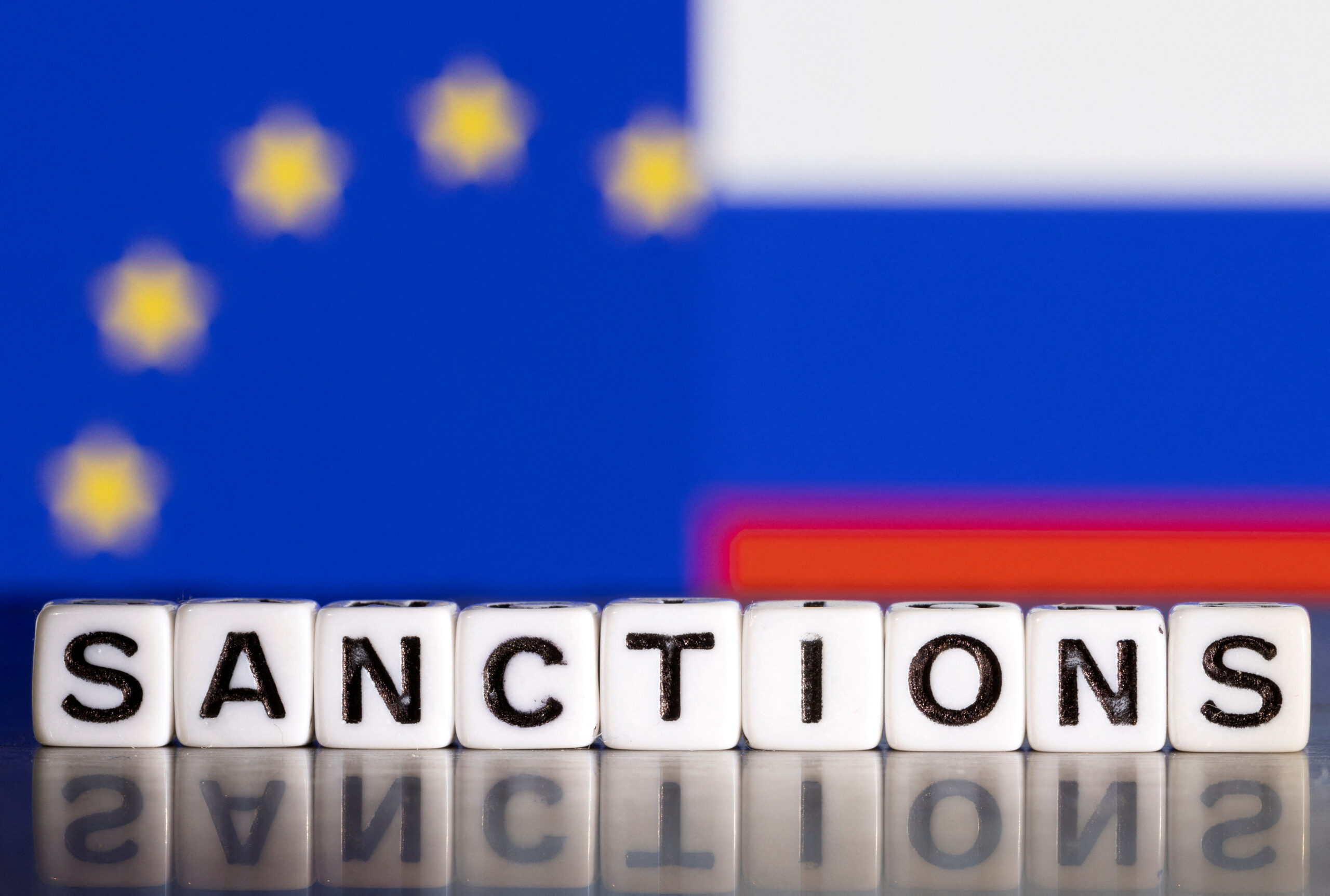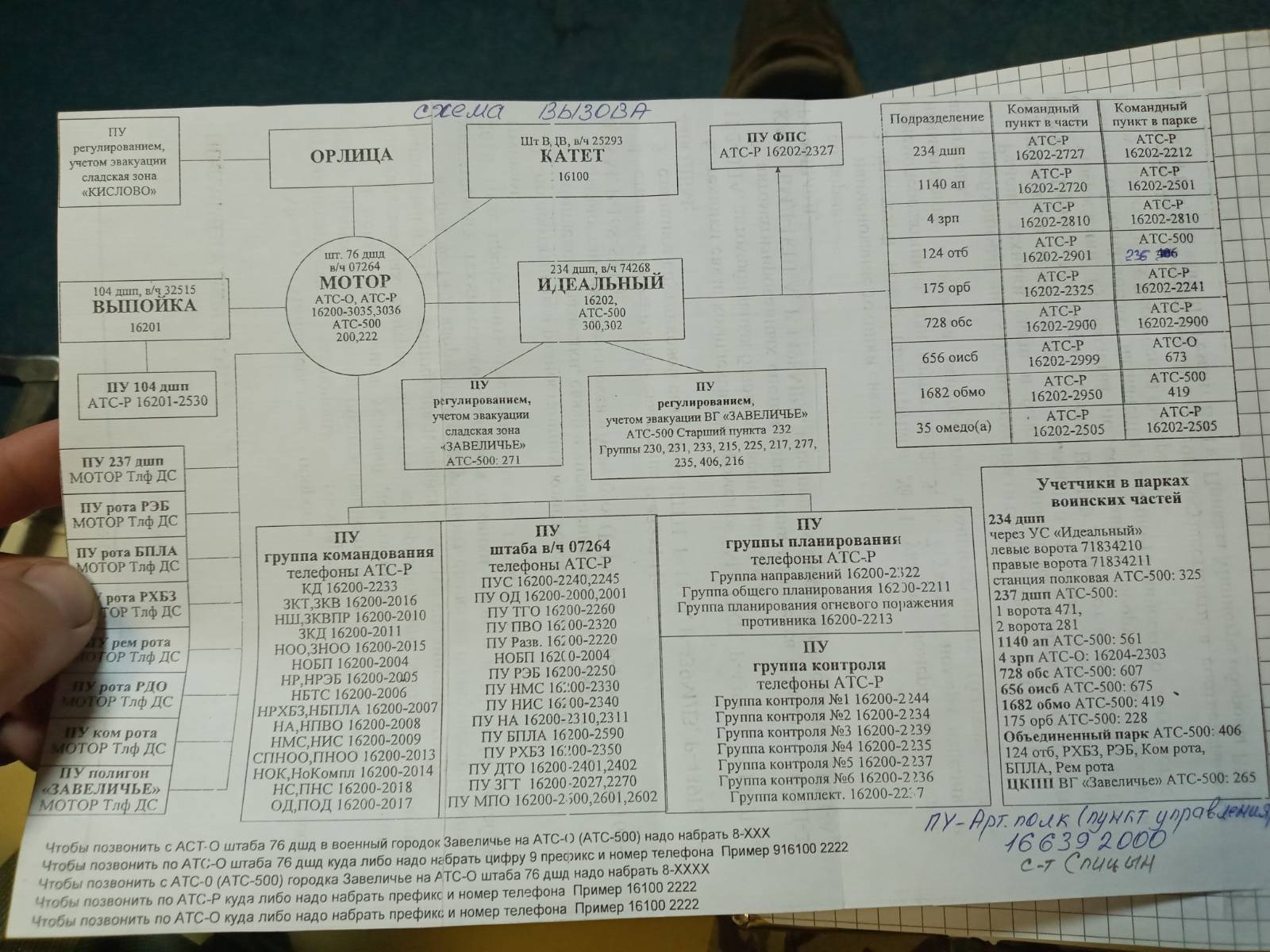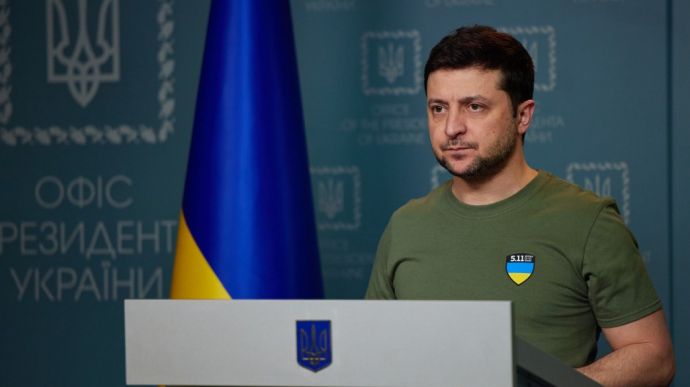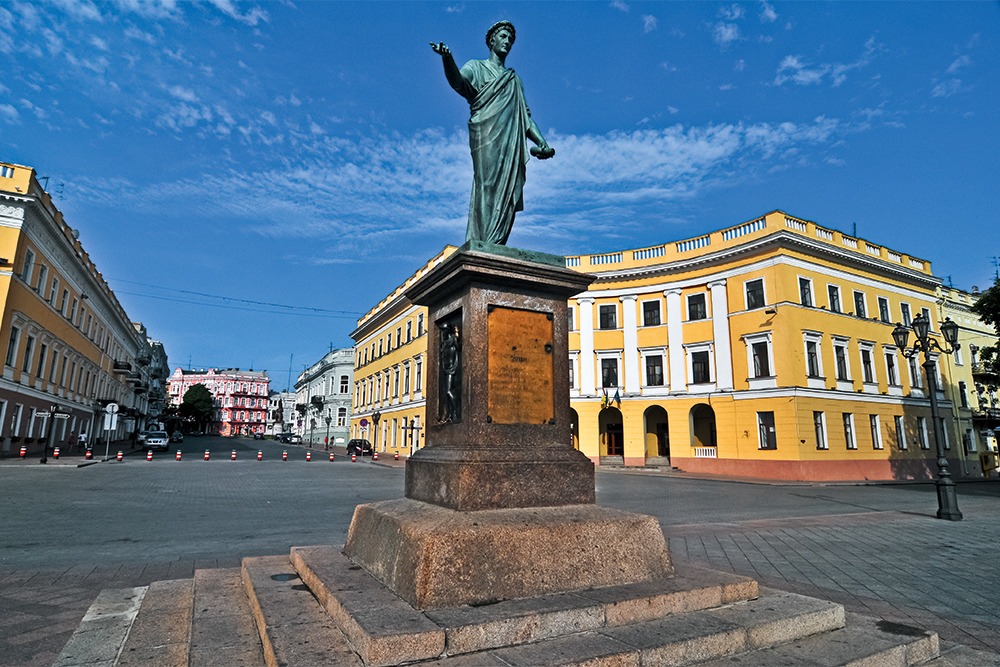Although leadership of Hungary in Brussels has affected the imposition of new sanctions against Russia, some EU countries, including Poland, has intentions to change this situation.
EU countries have enough willingness to renew discussions on how to undermine the economy of the rogue state. However, it will occur only when a new executive team of the EU has enough control to push forward new sanctions. Moreover, Poland will succeed Hungary as the presidency in the EU rotates. It has already declared that it is intended to use its leadership to toughen sanctions on fuel imported from the Russian Federation because this industry generates the significant share of revenues of the Kremlin.
Krzysztof Bolesta, State Secretary for Climate and Environment of Poland, has recently made the following statement, “The imports of Russian energy are growing… This is a bad sign. We need to address that.” Although the EU has established some restrictions on oil industry of the Russian Federation, which led to the reduction of purchases of pipeline gas, Moscow still exploits a lot of loopholes to sell its fossil fuels all over the world.
Prime Minister of Hungary Viktor Orbán has used the presidency of Hungary to halt discussions regarding new sanctions against Russia. That is why other EU countries hope that Poland will renew these thorny discussions. Furthermore, there is a growing awareness that the EU needs to refine its focus on particular trade goods, oil, and liquefied natural gas.
Poland wants to fight for more transparency on the exact amount of fossil fuel, which is imported from Russia by the EU. This initiative has support among some EU countries, including Lithuania, Estonia, Latvia, Finland, Sweden, the Czech Republic, and France. Representatives of these states have recently issued a warning that imports of liquified natural gas from Russia to the EU have increased, but suppliers of natural gas have not been identified properly yet. This warning includes the statement regarding the necessity for establishment of stricter inspections on the origin of natural gas, which enters the EU.
Notwithstanding the intention of Poland to target the Russian fossil fuel industry, it is crucial for the EU to focus on targeting the loopholes used to evade existing sanctions, for example, a price cap on oil, which has proved its ineffectiveness.








